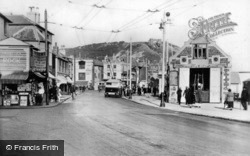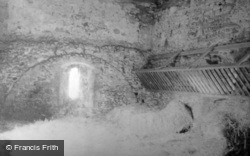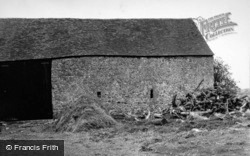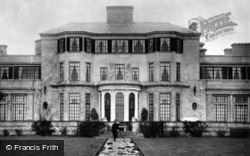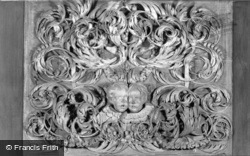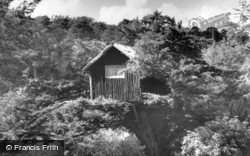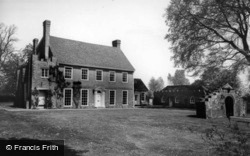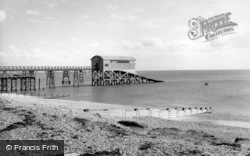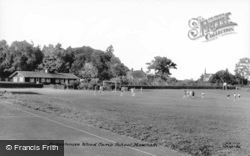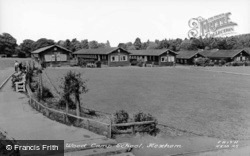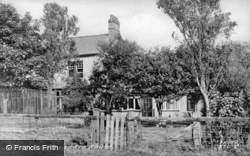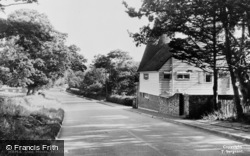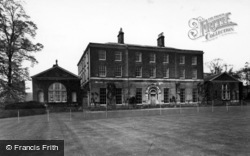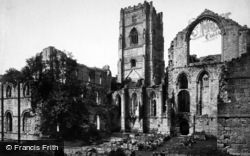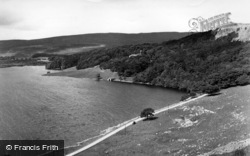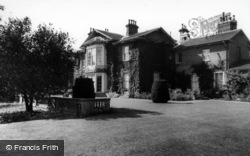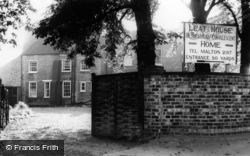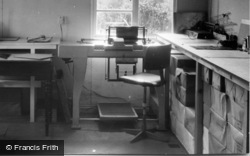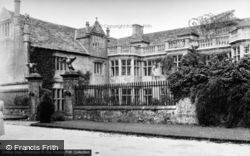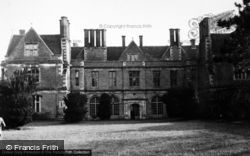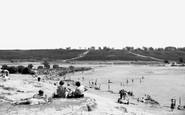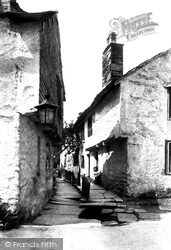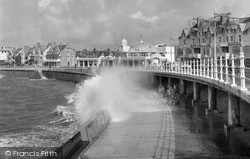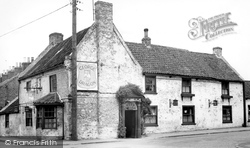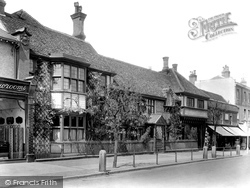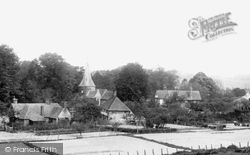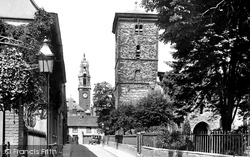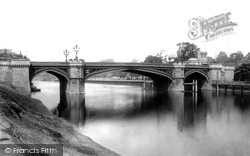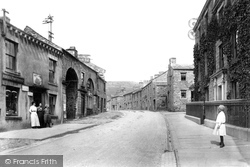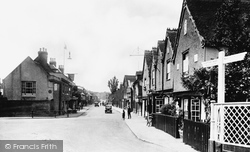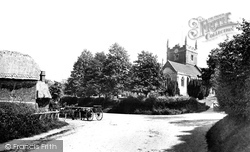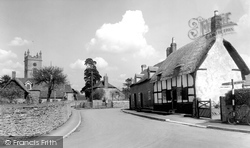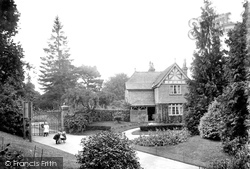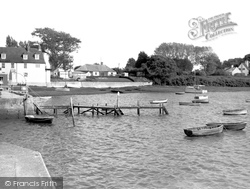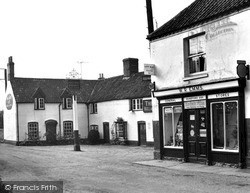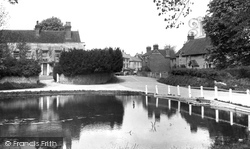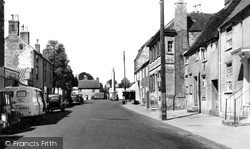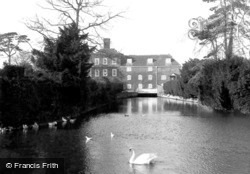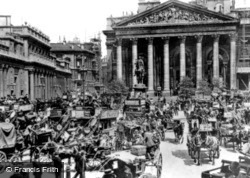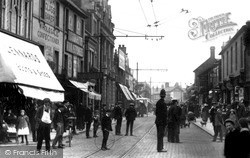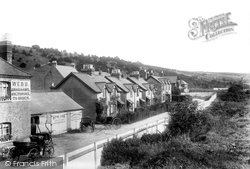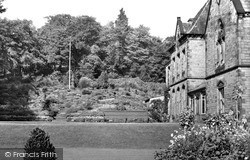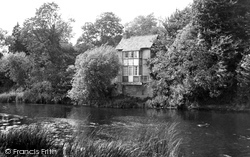Places
36 places found.
Those places high-lighted have photos. All locations may have maps, books and memories.
- Chatsworth House, Derbyshire
- Osborne House, Isle of Wight
- Brambletye House, Sussex
- Ickworth House, Suffolk
- Kingston Lacy House, Dorset
- Boscobel House, Shropshire
- Preshute House, Wiltshire
- Bolton Houses, Lancashire
- Brick Houses, Yorkshire
- Quaking Houses, Durham
- Water Houses, Yorkshire
- Bottom House, Staffordshire
- New House, Kent
- Mite Houses, Cumbria
- Lyneham House, Devon
- Church Houses, Yorkshire
- Dye House, Northumberland
- Spittal Houses, Yorkshire
- Street Houses, Yorkshire
- Tow House, Northumberland
- Halfway House, Shropshire
- Halfway Houses, Kent
- High Houses, Essex
- Flush House, Yorkshire
- White House, Suffolk
- Wood House, Lancashire
- Bank Houses, Lancashire
- Lower House, Cheshire
- Marsh Houses, Lancashire
- Chapel House, Lancashire
- Close House, Durham
- Guard House, Yorkshire
- Hundle Houses, Lincolnshire
- Hundred House, Powys
- Thorley Houses, Hertfordshire
- School House, Dorset
Photos
6,747 photos found. Showing results 2,321 to 2,340.
Maps
370 maps found.
Books
Sorry, no books were found that related to your search.
Memories
10,362 memories found. Showing results 1,161 to 1,170.
My First Boyfrield Was From Splott
My first boyfriend was John Hawkins, he lived in Splott. My name was Christine Morris then and I lived in no 8 Rossily Road, Rumney with my aunty Eunice Lloyd and my cousin Dennice. I loved living down there. I used ...Read more
A memory of Splott in 1961
Place Of Birth
I was born in Catfoss at Astral House. Is there anybody out there who knows of this place and where it is today? dmoore@leedsth.nhs.uk 8,ls14 1 br
A memory of Catfoss Grange in 1947 by
Little Pond House At Tilford
My wife's health was not that good, and, in 1961, she was sent for a recuperative fortnight at the Little Pond House. It was a convalescent home for children used by the NHS and had also been home to children from Europe ...Read more
A memory of Frensham by
Collyhurst
I was born at 528 Collyhurst Road, in 1961. I remember there was a shop at the end of the road and a croft facing our house. My dad worked on the railway and my mum stayed home to look after us. I went to Albert Memorial Nursery before ...Read more
A memory of Collyhurst in 1860 by
Jack Garside And Mucky Minnie
Does anyone remember 'Spring-heeled Jack' and 'Mucky Minnie', the local tramp and his partner from the market place? Well, we do, and we also bought his house to sell on. My husband still has the scars from the flea bites to prove it.
A memory of Birstall by
Finding My Roots
I was born in 1952 in Church Lane in my granddad's house which we all lived in, it had no electric or gas, only oil lamps as I know, I have still got one that my dad got new the day I was born, a bialladin table model, it ...Read more
A memory of Carlton in Lindrick in 1952 by
Buying Sixpence Worth Of Stale Buns
I remember as a wee girl going with my brother Donald to buy sixpence worth of stale buns. I don't remember the bakers but it was behind Boots the Chemist. It was always a treat if your mum had a spare sixpence and ...Read more
A memory of Ayr in 1967 by
Grandfathers Memories
My grandfather was born in Cobham on Painshill. My memory is that it was on a slight hill with a slight bend, the Greenline bus used to stop near the old home, it was a cottage with a porch and had a very thick door with big ...Read more
A memory of Cobham in 1946 by
The 1950s
Though I have some recall of the 1940s - eg starting school in 1948 at the age of three and a half and being reluctant to get off a rocking horse on the first day, it was the 1950s that really kicked in - to the accompaniment of songs like ...Read more
A memory of Corwen in 1950 by
My Parents And I Lived In Ashby Close Burton On The Wolds 1940 To1942
My father, Emilio de Althaus, and my mother Blanca spent weekends in Ashby Close, property of the Lembke family. My father was a Peruvian diplomat in London and came ...Read more
A memory of Burton on the Wolds in 1940 by
Your search returned a large number of results. Please try to refine your search further.
Captions
6,914 captions found. Showing results 2,785 to 2,808.
The overhanging first-floor jetties of the whitewashed houses add to the medieval charm of the village, which is a favourite of the many visitors to the Lake District.
rough seas breaking over the Lower Promenade, with a fine view along the Promenade: from the right we can see the Esplanade Hotel, the Grand Pavilion, the Westward Ho Hotel, and private houses
This quaint public house was probably built on the site of a coaching inn. The present building was constructed in the late 17th century, and it underwent remodelling in the 19th century.
Though altered over the years, parts of this old house dated from the 1400s. Though not ideal, its replacement is at least in keeping with the character of Bancroft.
The lane is narrow and has its attractive, individually designed houses which appealed so much to William Cobbett and, indeed, to others who see them today.
The Tudor-style houses in the village are, however, imitations constructed around the middle of the 19th century.
The lamp on the left lights the alley to Tymperleys, a superb late 15th-century timber-framed house, now a clock museum.
It was the toll house, and until 1914 it cost a halfpenny to cross. Opposite, in St George's Field, was the ducking stool used for scoundrels and females who served false measures or brewed bad beer.
Many of the buildings along the main street are imposing, three-storey houses, dating from the period when the town was a centre for lead-mining, cotton and worsted manufacture.
the long, staid High Street of this small village on the banks of the river Lea viewed from the opposite direction from photograph No 81859, with the Pied Bull over on the left, and the bow-fronted houses
The village has long been famous for Basing House, a ruined building reduced to rubble by Cromwell and his army during the Civil War.
This photograph demonstrates very clearly the relationship between church and manor house in earlier times.
Children's wear apart, this view is unchanged save the removal of the trellis to the left-hand front of the house. Needless to say, the trees have also grown a little.
While sitting in the garden of the very popular Rose and Crown public house, visitors can still enjoy this view of the ancient estuary today.
This is a large village with a number of neat houses. It is close to the River Wissey and the main road to London.
Edward Gibbon, who wrote The Decline and Fall of the Roman Empire, lived at the Manor House as a child.
The house on the right with the double flight of moulded steps, known as The Cedars, is late 18th- century.
This was a large mill on the River Nadder just upstream from the confluence with the Avon.The Millers House seen here is all that remains of a much larger building; it is now almost invisible from
The photographer is standing on the Mansion House balcony looking directly at the Royal Exchange. Proclamations announcing a new monarch or a dissolution of Parliament are read from the steps.
This is the New Town, the railway end of Swindon, quite close to the GWR works and their workers' housing. Note the tram lines, overhead wires and the boy with his hoop.
Carriage building and slaughtering are in evidence in Station Road on the eastern side of Kenley Station, along with some neat Victorian houses.
The extended garden of the house is now a forecourt for a modern hotel built on the site of the old rock garden, which used to be the kitchen garden with glasshouses.
The Tudor-style houses in the village are, however, imitations constructed around the middle of the 19th century.
Though by no means unchanged, this riverside house is still recognisable and has an enviable situation.
Places (80)
Photos (6747)
Memories (10362)
Books (0)
Maps (370)




